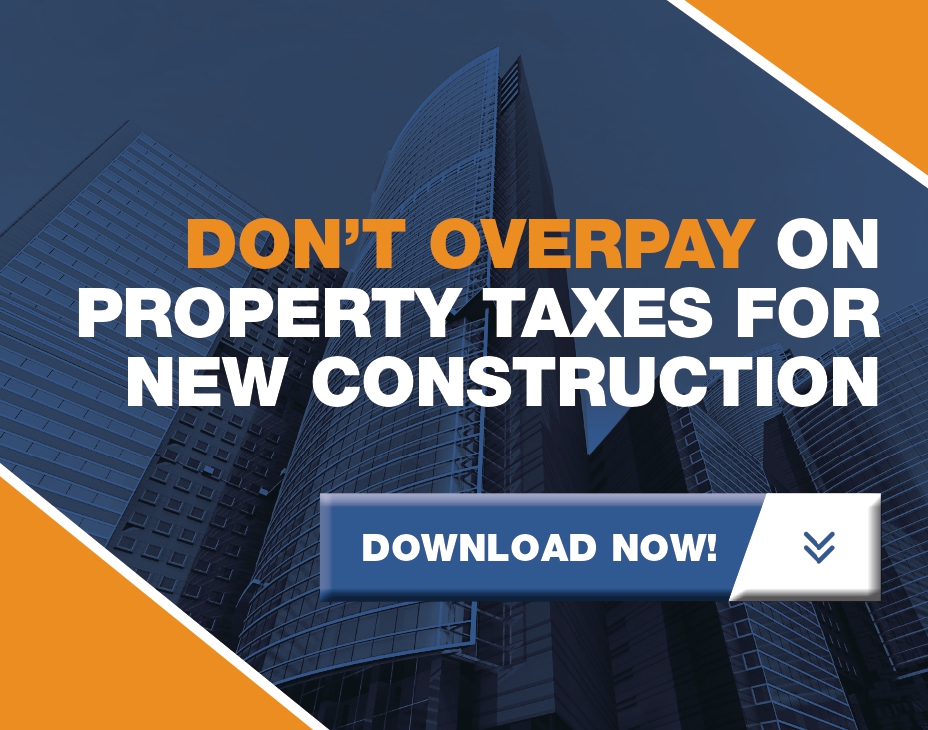The commercial real estate market is currently navigating a complex landscape. With the ongoing after effects of the pandemic, shifts in workplace norms, and changes in consumer behavior, the sector is experiencing significant transformations. Adding to these complexities is the Federal Reserve's recent decision to raise its overnight lending rate, effectively making it the highest rate seen in over two decades. This decision, along with other market factors, is poised to have a profound impact on the commercial real estate sector.
The Impact of Federal Reserve's Decision on Commercial Real Estate
The Federal Reserve's decision to increase its overnight lending rate to between 5.25% and 5.5% marks the highest it has been in 22 years. This move is expected to have a ripple effect across various sectors, including commercial real estate.
Higher interest rates can make borrowing more expensive, which could potentially slow down investment in commercial real estate. This could lead to a decrease in property valuations, making it more challenging for existing loans to be refinanced, especially those that were made when interest rates were at historic lows.
Moreover, the rise in interest rates could also shift investor focus. As the financial landscape evolves, capital may gradually move towards financial instruments such as money market funds and certificates of deposit (CDs) rather than into the commercial real estate sector. Major financial establishments today offer money market rates in the range of 4.50% to 5%, while in certain instances, yields on CDs exceed 5%. Given the inherent resilience of single-tenant retail, which ranks as one of the more robust segments in commercial real estate investing today, these less risky, shorter-duration alternatives may attract more attention from private investors.
The divergence between the returns on these financial instruments and the yields from commercial real estate investments could pose a difficult decision for private buyers. If this divergence becomes wider in late 2023, it could potentially lead to a shift in investment strategies and priorities.
State of Commercial Real Estate Loans
The commercial real estate loan landscape is currently under significant stress. Major U.S. banks such as JPMorgan Chase and Wells Fargo have reported worsening performance of real estate loans tied to office properties. Wells Fargo, the largest U.S. bank lender for commercial properties, increased its loan-loss allowance in the second quarter by $949 million from the first quarter, primarily due to projected weakness in office-based loans and consumer credit cards. The bank also increased the amount it writes off in loan losses from commercial mortgages by $62 million, mostly due to its lending related to offices.
JPMorgan, on the other hand, increased its loan-loss reserves by $389 million in the second quarter as it expects to see rising delinquency rates for commercial mortgages tied to office properties. The bank's executives have expressed concerns about the future loan performance based on current factors and anticipate that the process of resolving office loans will persist for several quarters.
Role of Bank Regulators in the Current Market
In response to the challenging market conditions, bank regulators are taking proactive steps to help lenders navigate the troubled waters of commercial real estate loans. Drawing from their playbook of the 2008-09 financial crisis, regulators like the Federal Reserve and the Federal Deposit Insurance Corp. have issued new policy statements providing banks with a roadmap on how to extend and restructure loans without necessarily having to take losses.
The new guidelines encourage financial institutions to work prudently with borrowers who are, or may be, unable to meet their contractual payment obligations during periods of financial stress. This approach, modeled on policy issued in 2009, is designed to provide flexibility to banks and borrowers alike, allowing for loan modifications even if the properties backing them are worth less than the debt, provided borrowers have the willingness and ability to repay their debts.
Impact of Regulatory Changes on the Commercial Real Estate Market
The new regulatory guidelines have been met with mixed reactions from industry stakeholders. While some have praised the flexibility offered to banks and borrowers, others have expressed concerns about the potential long-term impact on the economy. Critics argue that the policy could lead to banks extending billions of dollars’ worth of doomed loans rather than dealing with the problem now, potentially dragging down the economy.
However, proponents of the policy argue that it provides a much-needed bridge for the real estate industry during this challenging period. They point to the success of similar strategies implemented during the 2008-09 financial crisis, where real estate values rebounded as the economy recovered, and many of the modified and extended loans were paid off in full.
Future Trends in Commercial Real Estate Loans
Given the current market conditions and regulatory changes, several trends are expected to shape the future of commercial real estate loans. Firstly, the ongoing shift towards remote and hybrid work models is likely to continue impacting the demand for office spaces. This could lead to an increase in loan defaults and distressed commercial properties, particularly in the office sector.
Secondly, the rising interest rates and tightening lending standards at many banks could make refinancing existing loans more difficult. This could lead to a wave of loan maturities and potential defaults, particularly for loans that were made when interest rates were at historic lows.
Lastly, the regulatory push for banks to work prudently with borrowers could lead to an increase in loan modifications and extensions. While this could provide temporary relief for some borrowers, it also raises questions about the long-term viability of these loans and the potential impact on banks' balance sheets.
The Potential Benefits of Property Tax Appeals
In light of the current challenges in the commercial real estate market, one strategy that could provide significant financial relief for both lenders and property owners is filing a property tax appeal. This process involves challenging the assessed value of a property, with the goal of reducing the amount of property tax owed.
For lenders who have taken over assets due to loan defaults, a successful property tax appeal could lower the carrying costs of these properties, making them more financially manageable in the short term and potentially more attractive to potential buyers in the long term.
For property owners, particularly those struggling with decreased revenues due to the pandemic and the shift towards remote work, a property tax appeal could provide much-needed financial relief. By reducing their property tax burden, owners could free up funds to invest in property improvements, cover operating expenses, or service their debt.
However, it's important to note that the process of filing a property tax appeal can be complex and requires a thorough understanding of local tax laws and property valuation methods. This is where Paramount Property Tax Appeal can provide invaluable assistance. As specialists in reducing property taxes, we handle all aspects of the appeal process and work on a contingency fee basis. This means we only take a percentage of the refund when successful. If we are not successful, you do not owe us anything. Our expertise and risk-free service can provide the support you need in these challenging times.
Conclusion:
The commercial real estate market is currently facing a multitude of challenges, from the impact of the pandemic and the shift towards remote work, to rising interest rates and an anticipated wave of loan maturities. These factors have led to a significant increase in distressed assets and a tightening of lending standards, creating a complex and uncertain landscape for lenders and property owners alike.
However, amidst these challenges, there are strategies that can be employed to mitigate risks and potentially turn the tide. One such strategy is filing a property tax appeal, a process that can provide significant financial relief by reducing the property tax burden. This can be particularly beneficial for lenders managing taken-over assets and for property owners struggling with decreased revenues.
At Paramount Property Tax Appeal, we specialize in helping clients navigate this process. Our team of experts handles all aspects of the appeal, and we work on a contingency fee basis, meaning we only take a percentage of the refund when successful. If we are not successful, you owe us nothing. In these challenging times, our risk-free service can provide the support you need to navigate the complexities of the commercial real estate market.
As we move forward, it's crucial for all stakeholders in the commercial real estate sector to stay informed, adapt to changing conditions, and explore all available strategies to weather the current storm. Despite the challenges, opportunities can still be found, and with the right strategies and support, it's possible to navigate these turbulent times successfully.
.png)


.png?width=170&height=64&name=Logo%20320x120(2).png)
